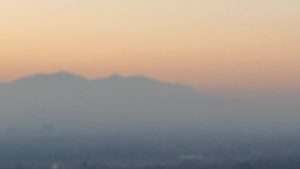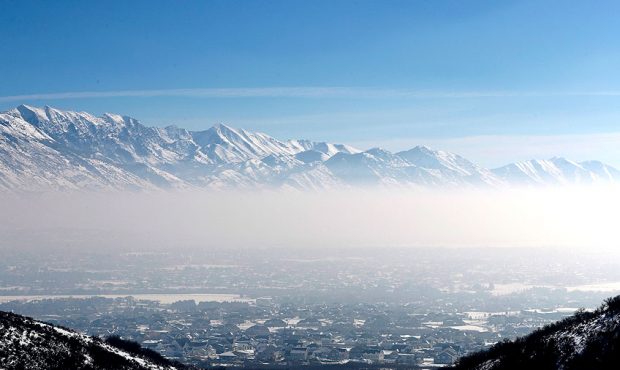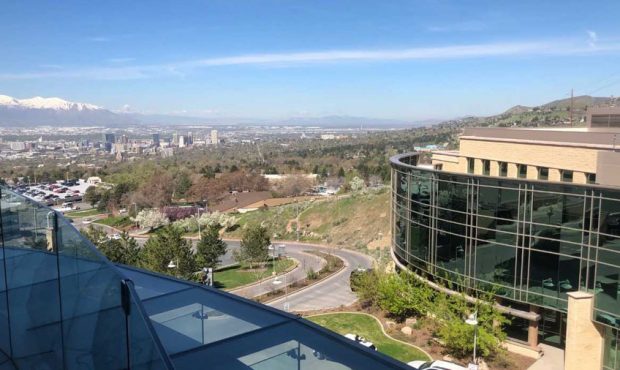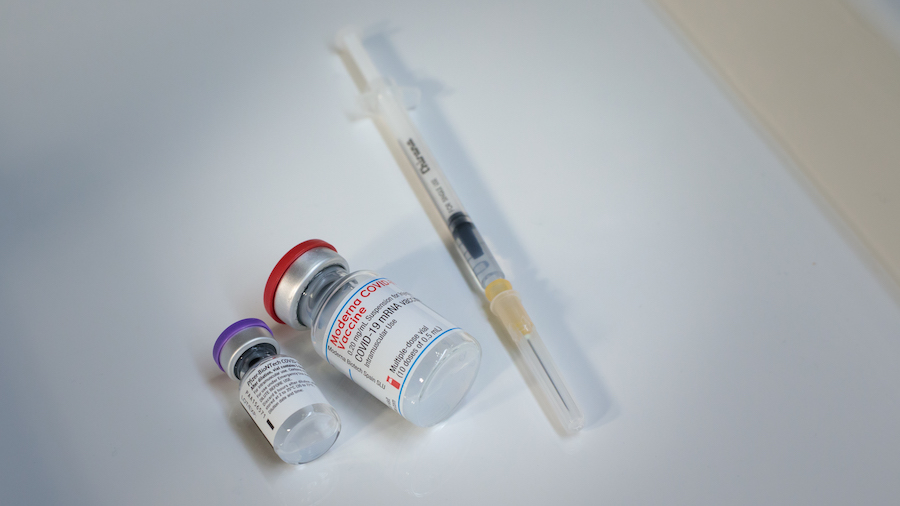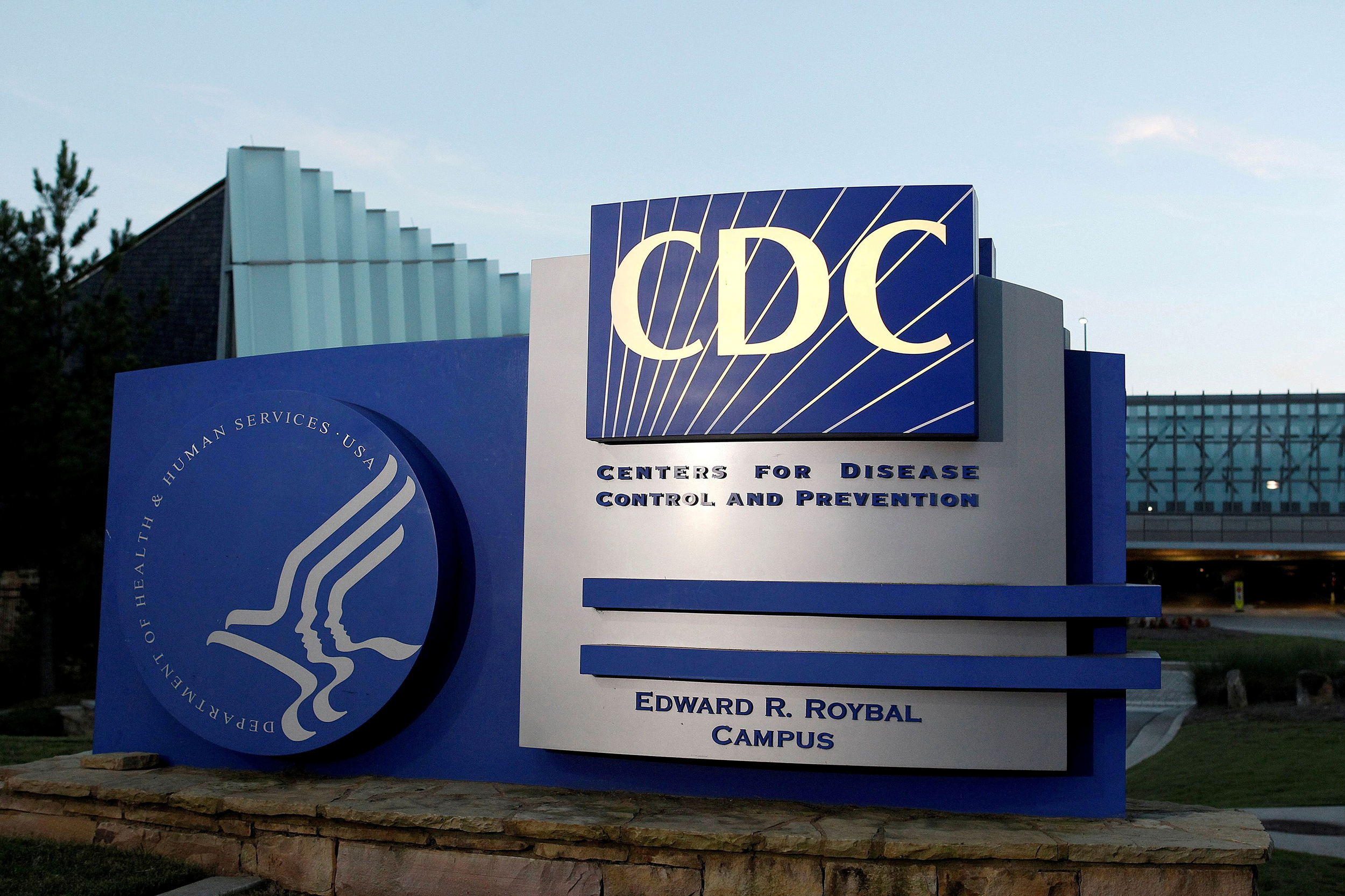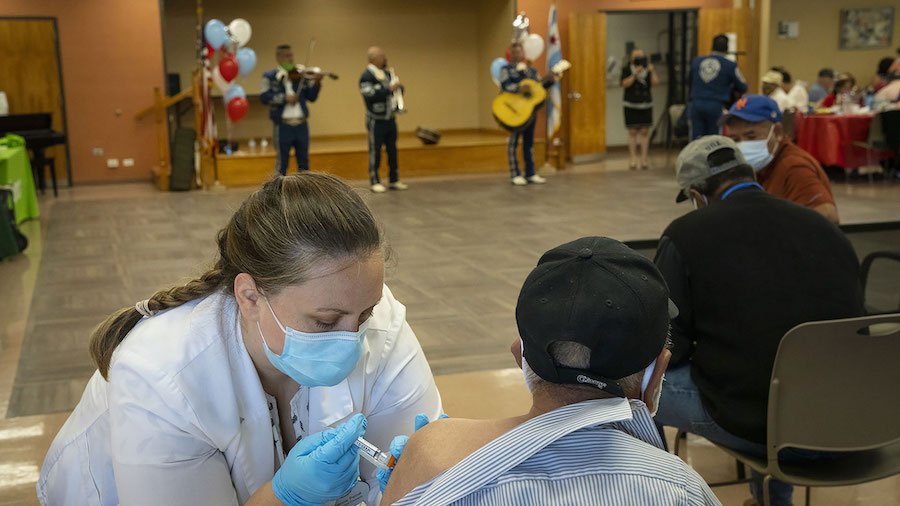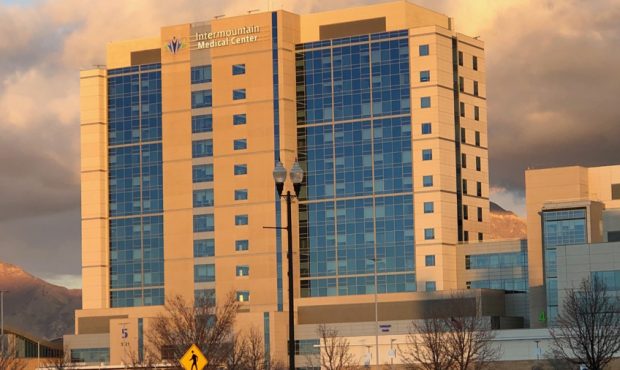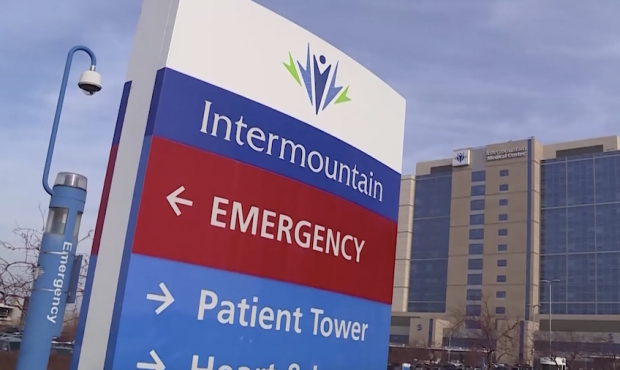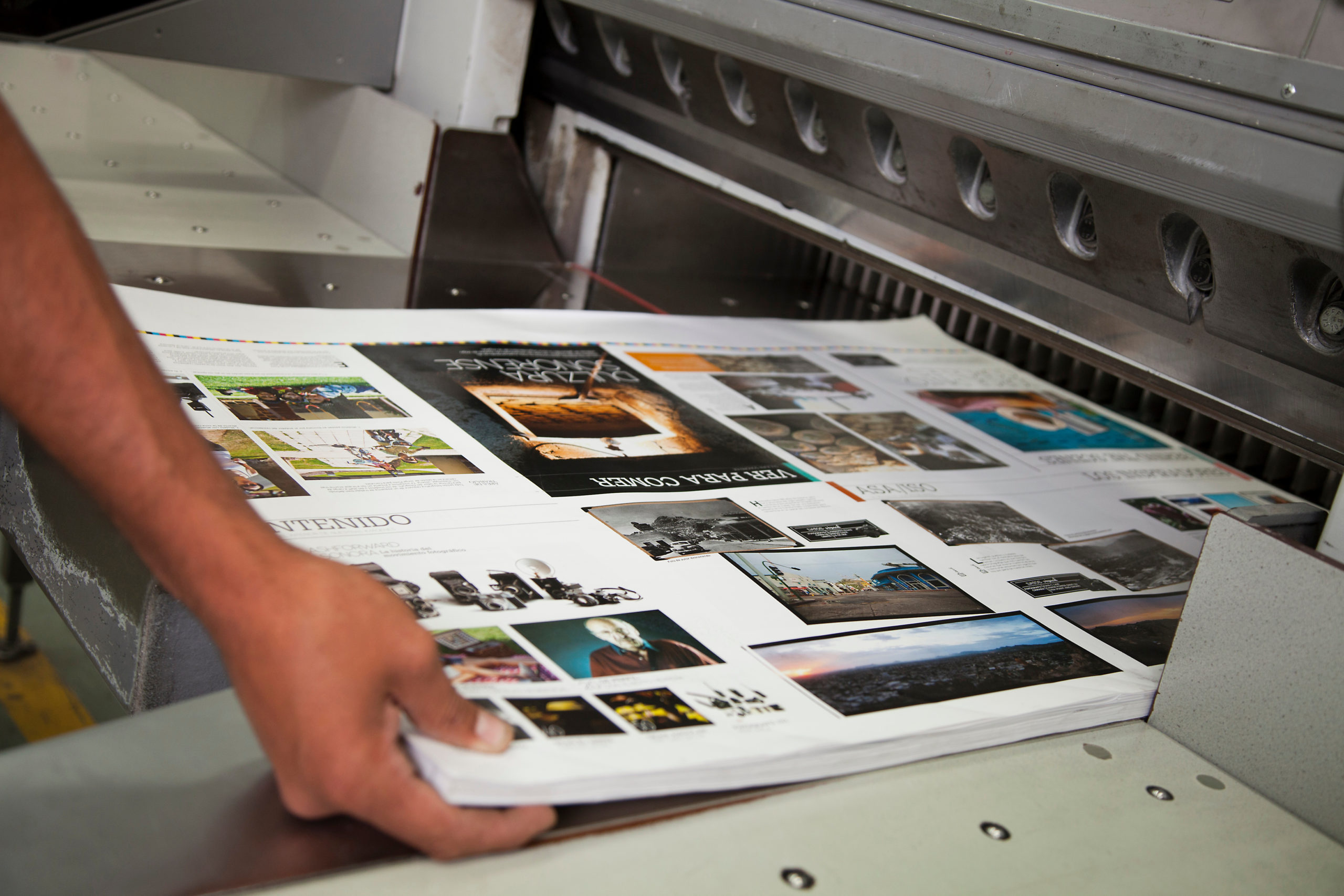CORONAVIRUS
Studies: Air Pollution From Utah Inversions Can Complicate COVID-19
Dec 8, 2020, 6:10 PM | Updated: 8:33 pm
SALT LAKE CITY, Utah – As COVID-19 spreads in Utah, air pollution is emerging as a factor that can make the virus worse. New studies show that air pollution predisposes Utahns to a worse attack by the virus.
“On a bad air day, our risk of getting more severe COVID and our risk of catching COVID is much higher,” said Dr. Denitza Blagev, a pulmonary specialist with Intermountain Healthcare.
Many Utahns already try to minimize exposure to the wintertime particulate pollution, especially when it is as bad as it is this week. COVID-19 is another good reason to avoid breathing this bad air.
“In areas of high air pollution, people are more likely to get COVID,” said Blagev.
According to ongoing research at Harvard University and in Europe, higher levels of pollution increase the risk of catching and dying from COVID-19.
“Air pollution predisposes people to get COVID, and then areas of higher air pollution are associated with higher COVID mortality,” she said.
Valley haze creeping into Emigration Canyon. Reminds us of the wildfire smoke we had over the summer.@kslweather
📷: Kurt Becker pic.twitter.com/qyptEsBP0M
— KSL 5 TV (@KSL5TV) December 9, 2020
Here’s what they already knew from research done in Utah before the pandemic:
“Higher levels of air pollution and particulates are associated with increased risk of viral illness,” she said.
New research shows COVID-19 is no exception. Higher levels of pollution are associated with an 11-17% higher risk of mortality from COVID-19 in various studies.
Blagev said the impacts of pollution and COVID-19 on the body are somewhat different, but they amplify each other.
Air pollution particles that get into the lungs affect the lining of the lungs and further enable the virus, “Crossing that threshold from just being exposed to actually getting an infection, and getting pneumonia from the virus,” she said.
Pollution particles can get into the bloodstream and cause inflammation and blood clotting, which is why increased exposure to pollution increases the risk of heart attack and stroke.
COVID-19, as we’ve reported before, also can lead to inflammation and clotting.
“Combining those two risks, the air pollution, which can increase the risk of clotting, with the COVID virus that increases the risk of clotting, we can imagine that that risk would be even higher,” Blagev said.
More research is needed in this area, she said. We should do what we can to keep from catching and spreading COVID-19 to minimize those risks.

